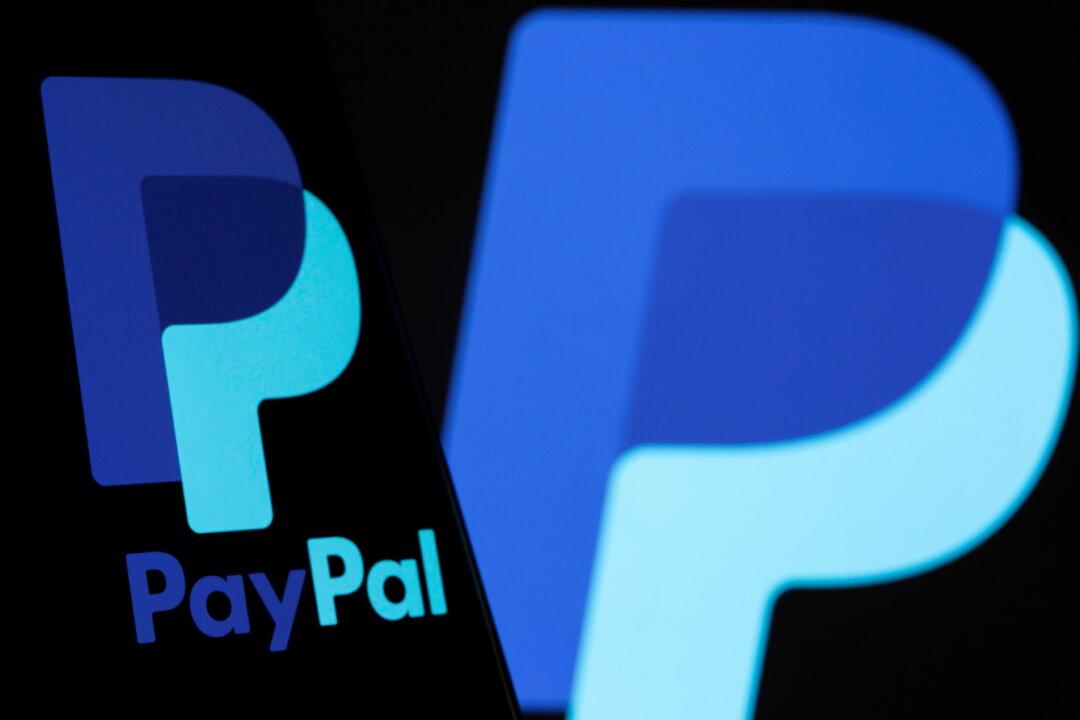Commentary
When PayPal updated its Acceptable Use Policy to say it could confiscate $2,500 from users who spread “misinformation,” many people were stunned. The stock price was hit hard and it is still falling, off 53 percent from the high this calendar year. Many people closed their accounts. One supposes that many also transferred money out for fear it would be taken.





